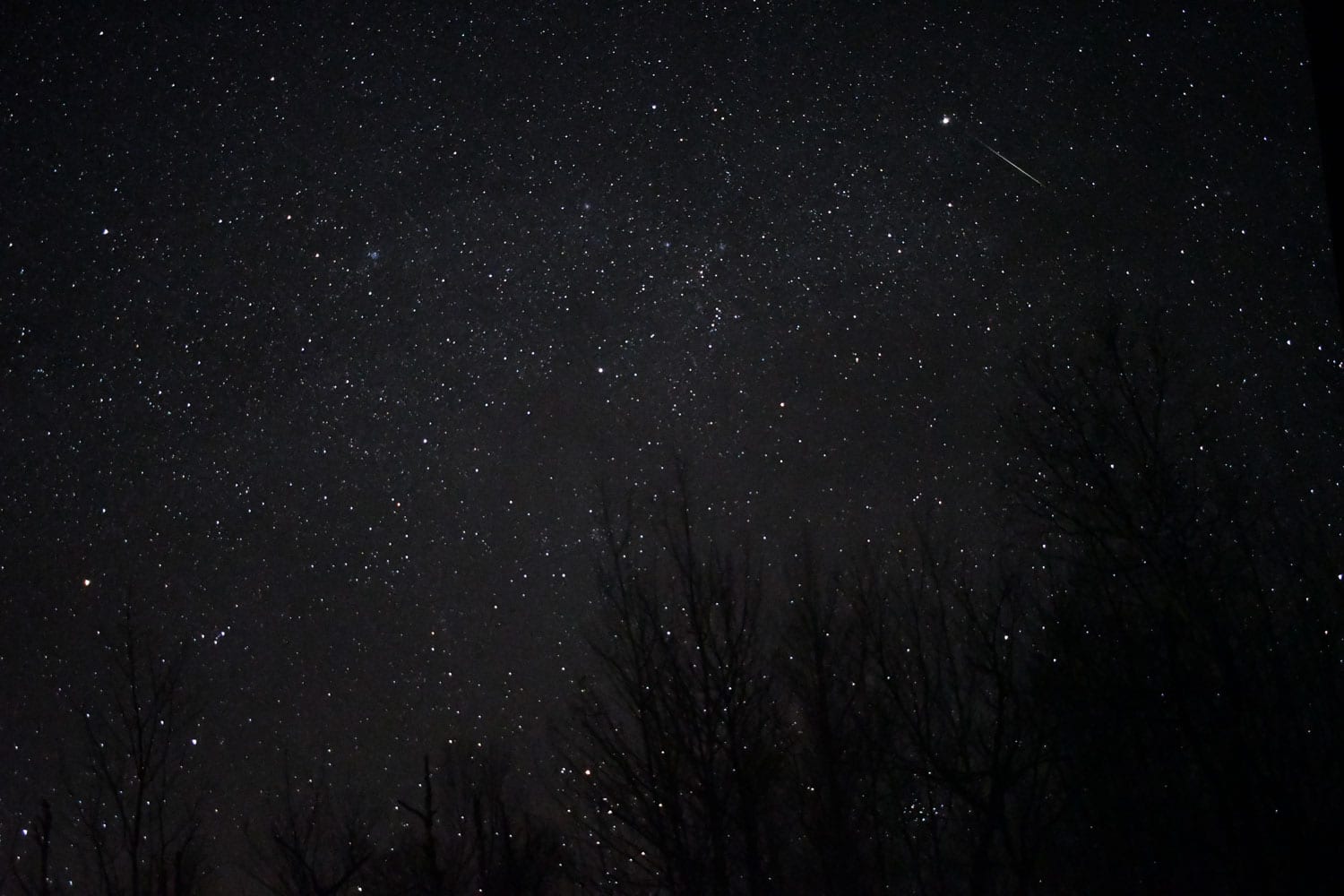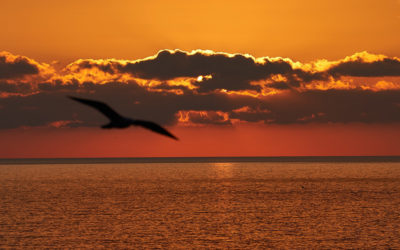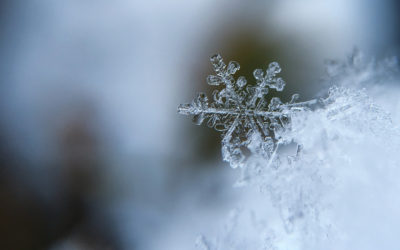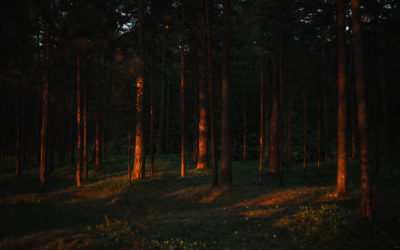Caterpillars unravel into butterflies. Acorns turn to oaks. Seeds sprout and search for the sun. Empty stockings are stuffed by a mythical figure, a lost tooth exchanged for a quarter as we sleep.
Even our bodies are homes to enchantments—each day we are a little taller, a bit smarter. We encounter unfamiliar sensations and emerging talents and are promised by our elders that one day we will shape shift into a new kind of being, and that with each moment, minute by minute, we get a little closer to our ultimate state.
We’re informed that the universe is infinite, ever-expanding, stretching in all directions at once, and that out in that inky ethereality time is beholden to larger, unseen forces. Gravity dissipates, stars are born and blown to bits. We have within us pieces of faraway suns. Magic, all.
Why shouldn’t our backyards be filled with fairytales?
It was in my backyard in the summer of 1994, at the age of 12, that my best friend Jessica and I came across an object we knew would change our lives forever.
Earlier that spring, the backyard had flooded. The whole city of Boulder, Colorado, had bloated with rain, the soil and streets unable to keep pace with a desert squall that roosted over the mountains for days.
We lived on the outskirts of town, across the road from a small cattle ranch and down the street from a llama farm. Our backyard must have measured about an acre, and the elevation from the back porch dipped toward a ravine that ran along our back fence.
We felt as though we were touching the universe itself.
The rain filled that ravine like a faucet fills a cup, and the river that resulted rose steadily over the hours and days, until it was so high that when you opened the back door, its edges would slosh at your feet.
We watched as the rain unfurled and bloomed and bled and then, finally, watched as it shrunk away.
In the river’s place was a new landscape of silt and stone. To two 12-year-old girls, it looked a rough terrain in need of review.
I don’t remember the precise moment we found it, or even which one of us caught sight of it first, but I do remember that neither Jessica nor I had seen something quite like it before: a black, pockmarked rock that seemed to have been hewn clumsily, as though it had been dropped from a great height and all of its appendages subtracted at once. It poked through the soft earth and Jessica and I dug it out with a shovel, admiring its weight as we each took turns holding it with both hands, not unlike two young wizards gazing into an orb.
We decided on the spot that it was a meteorite. We felt as though we were touching the universe itself.
It wasn’t long until we spotted another rock with the same characteristics—and another, and another. They seemed to belong together, pieces of a whole that had split millennia before. We imagined the day the meteor struck what was now my backyard, how the shrapnel must have blown through the air like dandelion seeds, how that day had been buried by time and dirt, only to be sifted back to the surface by a biblical flood.
We imagined the day the meteor struck what was now my backyard, how the shrapnel must have blown through the air like dandelion seeds.
Jessica and I spent all day prospecting that backyard. We dug out every piece of meteorite we could find and began to collect a pile. Then we got a wheelbarrow.
We figured meteorites had to be pretty valuable—after all, we’d seen fragments in museums, proof that they were rare and precious. After debating the finer points of the matter, we arrived at the conclusion that they must be worth at least $100 each; for the larger ones, we could probably get even more. As our collection swelled and the wheelbarrow began to groan, dollar signs danced in our eyes. We were rich. Our families were rich. We would be the providers.
Our plan was simple: We would wheel our bounty out to the frontage road at the end of my driveway and set up a small shop—for all practical purposes, a lemonade stand, but for meteorites. Maybe we’d reserve our most impressive specimens for museums; everything else, though, would be for sale.
Not many cars happened along that frontage road, which mostly served residents of the neighborhood as well as the occasional hiker making their way to or from the foothills. But we knew that once word traveled, the customers would find us. When the wheelbarrow emptied, we’d return to my backyard for a fresh excavation.
Dollar signs danced in our eyes. We were rich. We would be the providers.
I’m not sure which parent broke the news, after coming outside to check on us and discovering a backyard that looked as though it had been scene to a violent round of whack-a-mole, featuring two grinning girls caked in a half-acre of dirt and mud. Whoever it was, they did it with kindness, but probably also a bit of exasperation.
Our meteorites were not, in fact, meteorites at all. They were just clumps of black rock, the likes of which could be found all over the city, if only we knew to look.
Jessica and I were quiet for a moment as we recalibrated, saying a mental farewell to the fame and fortune that a few seconds before had seemed so certain. And then we looked at each other, and we laughed until our stomachs hurt and we had to grab onto the sides of the wheelbarrow to keep ourselves from falling to the looted earth.






0 Comments